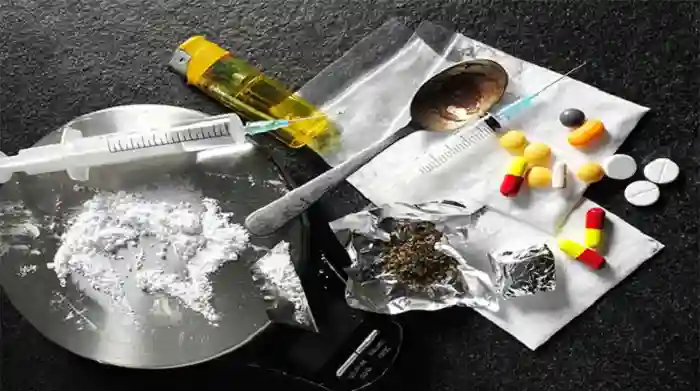Psychiatric units at Harare’s two major referral hospitals, Sally Mugabe Central Hospital and Parirenyatwa Group of Hospitals, are overwhelmed by the rising number of mental health cases linked to drug and substance abuse.
Most patients have complications arising from crystal methamphetamine, commonly known as “mutoriro”, “dombo” or “guka.”
Most abused drugs include ganja cakes, a prohibited cough syrup called BronCleer (bronco), mbanje and illicit beers known as “musombodhiya” in street lingo.
President Mnangagwa recently expressed concern over drug abuse in the country, and he appointed a task force to hunt down drug peddlers.
Parirenyatwa Hospital attends to about 800 mental health patients monthly with most of the ailments being related to drugs.
Admission is only for those with serious illnesses that they cannot go back home while most of them are sent back home after treatment.
The senior nursing officer at Sally Mugabe Central Hospital Mr Nelson Makore said mental health cases linked to drug abuse have since overtaken traditional causes like depression. He added:
Almost 70 percent of the patients we attend to, have problems related to drug abuse and mutoriro is the new drug that is selling more than anything else. It is highly addictive and it affects the mental health of the people.
While some drug and substance abusers cite economic hardships in the country as push factors, Mr Makore said drug abuse also affects the haves as drugs are expensive.
He said medical doctors, nurses, pharmacists, police officers, soldiers and officers from the central intelligence organisation, university and college students and pupils from boarding schools constitute a large part of affected people.
The clinical matron at Sally Mugabe psychiatric unit Ms Enety Mahove said women were also among those with drug-induced mental ailments.
Parirenyatwa Group of Hospitals spokesperson Mr Linos Dhire said the increase in the number of youths coming for assistance has caused a huge workload at the hospital because most of these patients present as psychiatric emergency cases, especially with aggression and suicide attempts.
He indicated that there is pressure on the part of practitioners to urgently fill the knowledge gap on how to handle new forms of drug and substance abuse adding that there was a need for more staff.
More: The Herald

